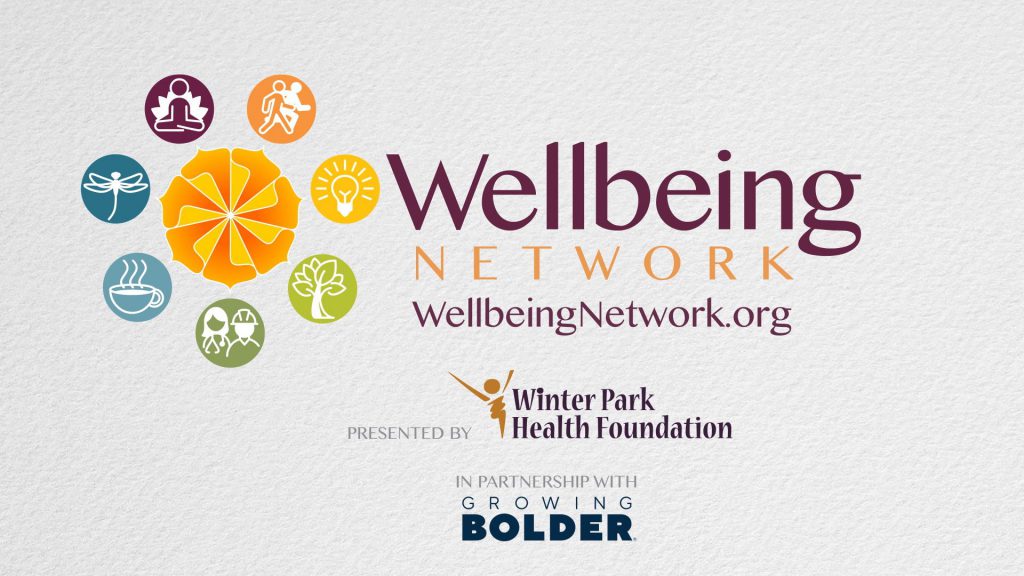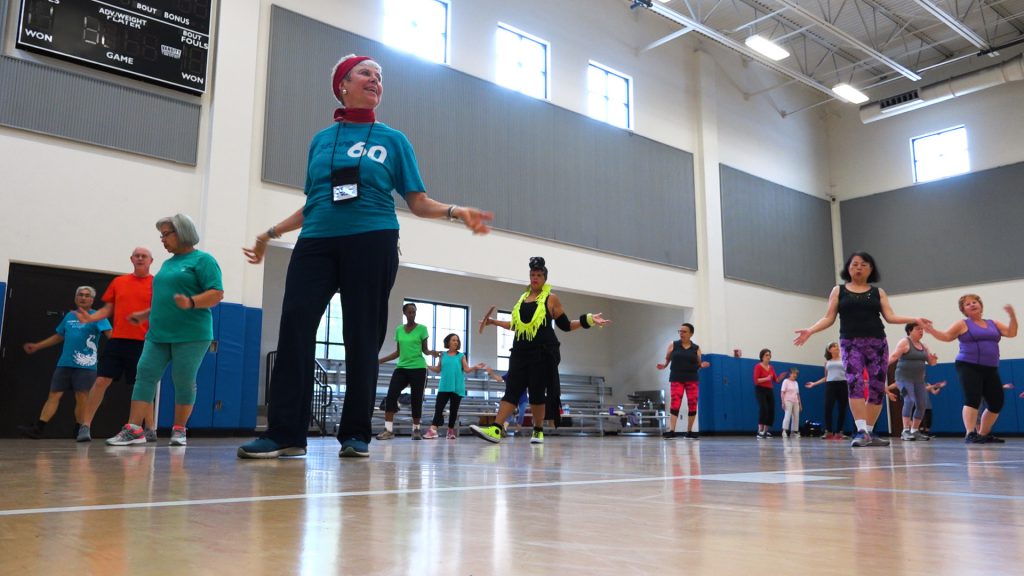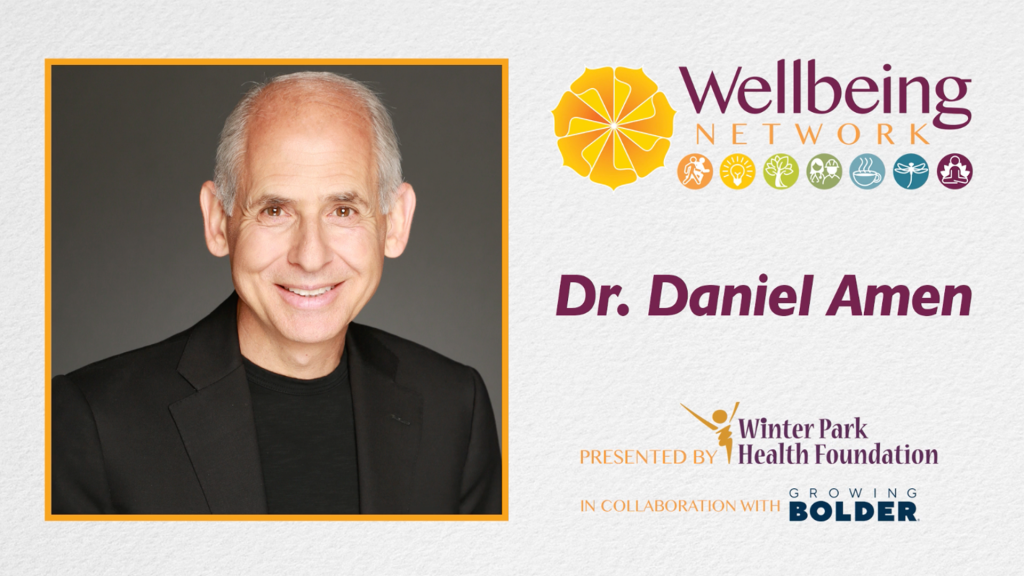Digital Education Programming Presented by the
Center for Health & Wellbeing
We want to hear from you! After viewing this CHWB On-Demand program, please take a few minutes to complete this survey. Your privacy is of the utmost importance; your information will never be shared nor sold. Your feedback will be used to evaluate existing CHWB programs, and to help us create new ones.
We’ve all been there — had arguments with friends, family or even our neighbors. Arguments are a part of life. They are a natural and inevitable experience, and are tools for expressing or discovering reasons for positions and policies. But rather than fights or competition, arguments can help us appreciate each other, get along peacefully, and work together—even when we disagree strongly. In this virtual program, Walter Sinnott-Armstrong, a Chauncey Stillman Professor of Practical Ethics at Duke University, shares more about how we can all benefit from learning how to argue better.
By watching this program, you can also expect to learn how:
- arguments are not fights.
- arguments can help us understand each other.
- analyzing arguments can provide joy.
This program is presented by Walt Sinnott-Armstrong and is hosted by the Winter Park Health Foundation.
About the Program Presenter
Walter Sinnott-Armstrong is Chauncey Stillman Professor of Practical Ethics in the Department of Philosophy and the Kenan Institute for Ethics at Duke University. He holds secondary appointments in Duke’s Law School and Department of Psychology and Neuroscience. He earned his bachelor’s degree from Amherst College and his doctorate from Yale University. He has published widely on ethics, empirical moral psychology and neuroscience, epistemology, informal logic, and philosophy of law, religion, and psychiatry. His current work focuses political polarization, moral artificial intelligence, free will and moral responsibility, and various topics in moral psychology and brain science. His most recent books are about how arguments can remedy political polarization and about scrupulosity (obsession with morality). He co-teaches a MOOC, Think Again, with over 1,000,000 registered students.



